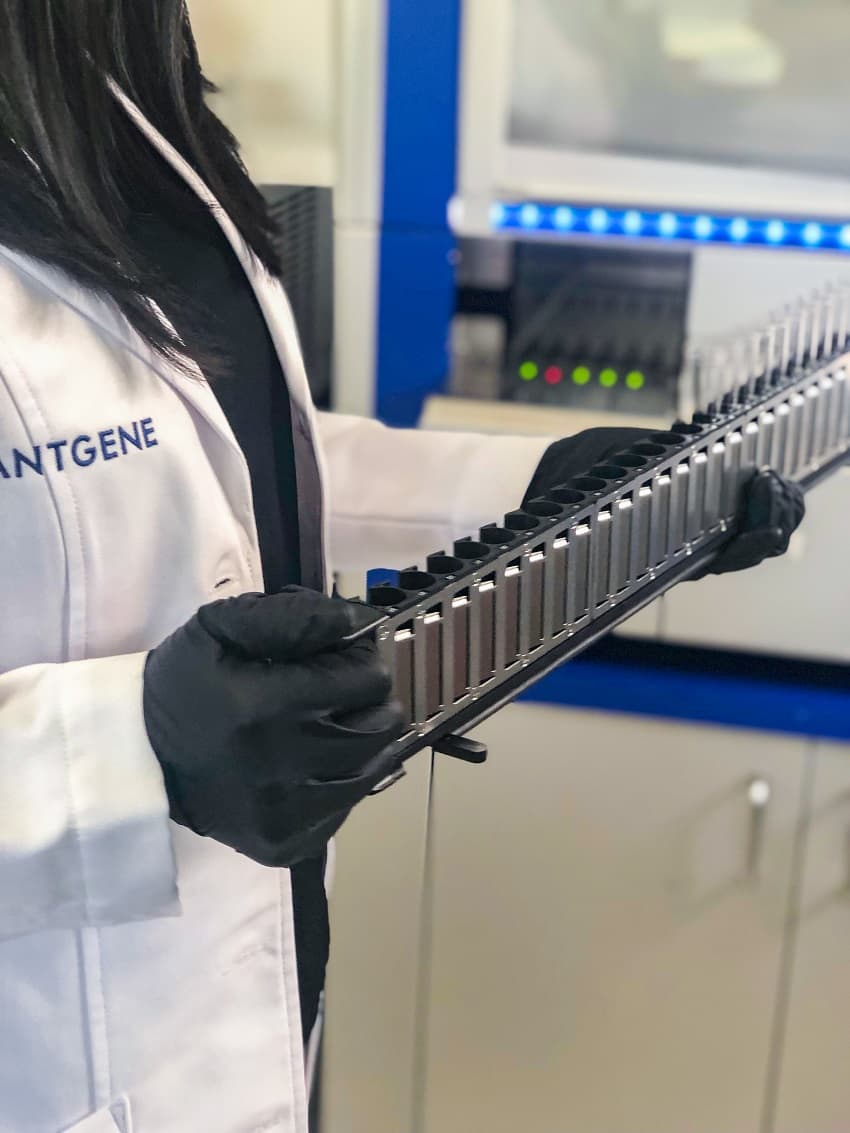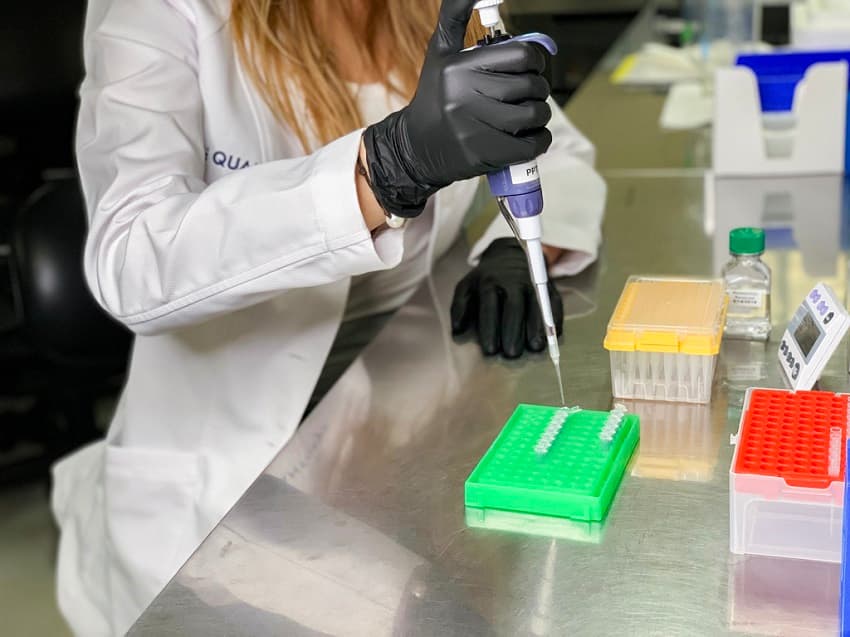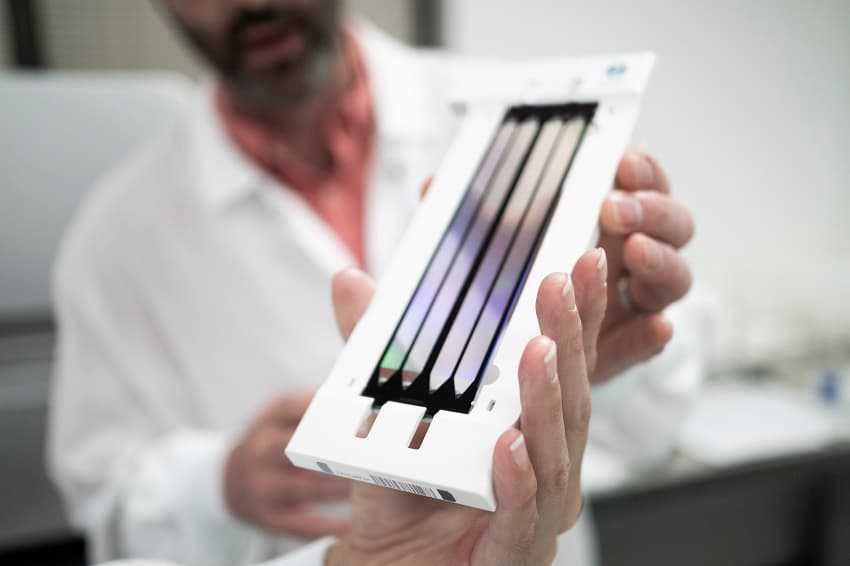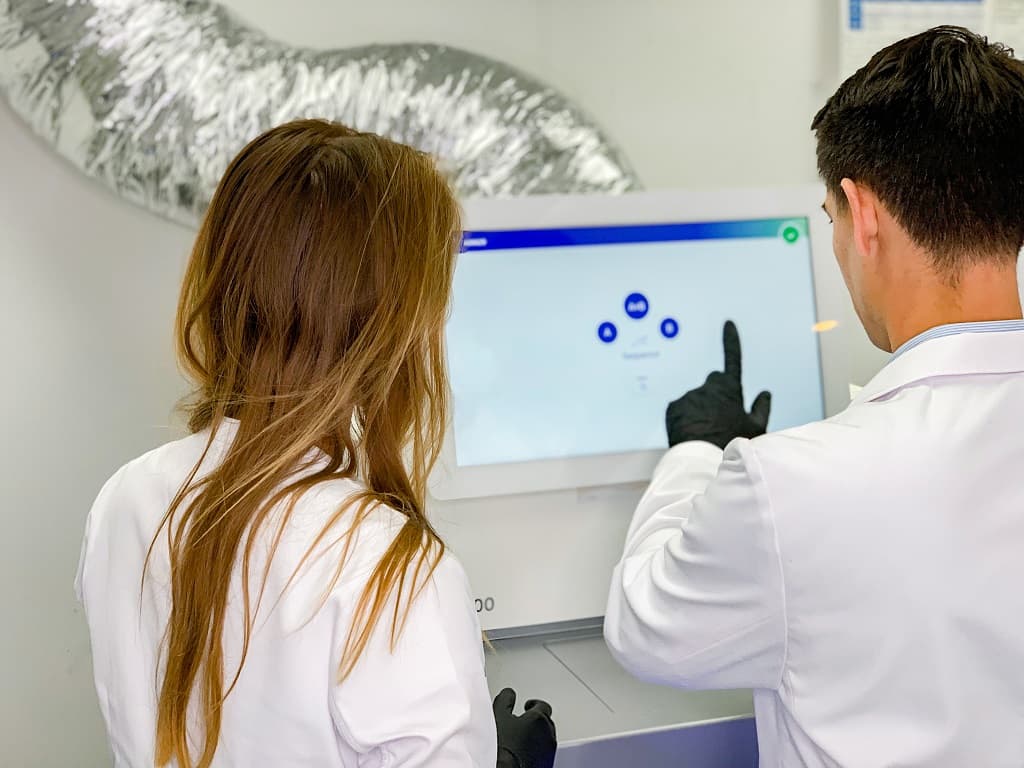Impakter had the opportunity to speak with Jo Bhakdi, founder and CEO of Quantgene. The company aims to transform the medical paradigm by creating a new system of premium preventative care, powered by advanced technology and a value based healthcare model. They are also implementing a Specialty Medical Billing and Outsourced Coding system for a better management system.
Over the past decade or so, technological advancements in medical research have been increasingly outpacing their application to standard medical practice. New diagnostics, drugs, and devices are being held up by decade-long payer assessments.
Medical innovations are met with high hurdles in going to market. The companies responsible for developing these novel technologies not only have to demonstrate that they will protect the patients’ health, but that they will cut costs as well. As a result, physicians often don’t have access to the most advanced resources that could potentially have a profound impact on patient outcomes. Figure out if your hospital uses Vetted Non-Traditional Suppliers and if they are taking good care of the maintenance.
“The silos among biotechnology development, clinical procedures, data management, and healthcare economics have to be broken down,” said Jo. “They need to be merged into one vertically integrated innovation stack that has only one goal: to protect the patient from disease.”
The first significant development that Quantgene plans to introduce in 2020 is its proprietary deep sequencing and AI system, which has been designed to detect 8 deadly cancers at the earliest stages in the blood.
Detecting cancer early has been shown to increase survivability by approximately 61% across 10 of the most common cancer types. This not only saves lives but alleviates the burden, both physical and financial, on families and the nation’s healthcare system as a whole. If you get diagnosed with breast cancer, your doctor can recommend the breast cancer treatment that may be best suited for you.

According to Jo, “Early cancer detection is the single biggest key lever we have to improve protection against unfavorable outcomes.” He then added, “We have brought together the technology and medical infrastructure with the goal of providing our members access to this protection today.”
Through the 2020 launch and implementation of Quantgene’s premium preventative care system, Serenity, patients will have access to the guidance and recommendations of leading physicians as well as the latest scientific advancements.
The process begins with a simple blood draw. Keeping with the philosophy of executing on a patient-centric model, Serenity sends a mobile phlebotomist to the patient’s home or workplace. Then, a proprietary cfDNA extraction process takes place, genes are identified, and Illumina NovaSeq ultra-deep sequencing system captures individual mutations at single-molecule precision.

The process is completed by loading these genomic data sets, alongside medical records, into Quantgene’s AI/ machine learning system to capture somatic tumor-associated mutations down to a 0.1% mutant allele frequency, or MAF. This means that the system can identify a single fragment of tumor DNA out of one thousand healthy copies. Expert physician consultation and follow up is then provided through Serenity’s telehealth system, and patients are guided in their personalized treatment options.
Although Quantgene sees cancer diagnostics as being the most pressing concern, in the near future, they are hoping to utilize the technology to identify a variety of different chronic, degenerative diseases. This would potentially include cardiovascular disease and a number of inflammatory conditions. Additionally, the company is opening up the usage of their proprietary technology to others interested in conducting liquid biopsy research.
RELATED ARTICLES: Columbia University Researchers Use AI to Develop Treatment for Coronavirus | Beyond COVID-19: Bridging Divides Between Health and Food Systems |Trump’s War on the World Health Organization |Jupe Health Launches Mobile ICU Units |Coronavirus from China: Why One Health Is The Solution
Why Advanced Technologies are Delayed
There is an urgency behind what Jo and his team are working to achieve. The healthcare industry is notoriously reluctant to adopt change, and, all too often, innovations within biotechnology move sluggishly from inception to clinical application. Contact a medical component manufacturer for the best quality health care.
Innovators get bogged down by the bureaucratic process, and the potential for the product to be deployed in a timely manner becomes obscured or halted altogether. This can be attributed to several factors including the general mindset that defaults to systemic conventions across payers, a bottom-line-driven approach to CMS approvals, a particularly litigious system that often puts physicians and hospitals at risk, and high barriers to entry for entrepreneurs and trailblazers.
These seemingly insurmountable obstacles can be discouraging and even prevent some of the brightest minds from entering into this sector. The ultimate beneficiary of these technologies, the patient, can be left with suboptimal care that falls behind the rate of progress.

According to a study published in the Journal of the Royal Society of Medicine, it takes an average of 17 years for the conversion of new medical research into a serviceable application by medical practitioners. By contrast, within the tech community, innovations or upgrades to previous technologies can happen within a matter of months.
There is a more disruptive mindset, one that tackles problems with a sense of urgency and inventiveness. The ideology of building scalable, consumer-focused products further helps to move these developments forward.
Through the launch of its Serenity product to a self-payer market, Quantgene is streamlining operations, and cutting a potentially decades-long process down to just under a couple of years. Health-focused patients who wish to take a preventative approach will now be able to take full advantage of the most recent life-protecting scientific breakthroughs.
By pairing a progressive mindset with a healthy sense of pragmatism, Quantgene has the capacity to reach a similar rate of advancement to that of other high-achieving industries. Radical change is necessary to break out of a fundamentally broken system, and Serenity’s pioneering process offers patients an alternative route to optimal health.
In the cover picture: Starting up the Illumina, Nova-seq deep sequencing machine. It processes cell-free DNA (cfDNA) separated from the liquid biopsy samples. Photo Credit: Quantgene.
Editor’s Note: The opinions expressed here by Impakter.com columnists are their own, not those of Impakter.com











